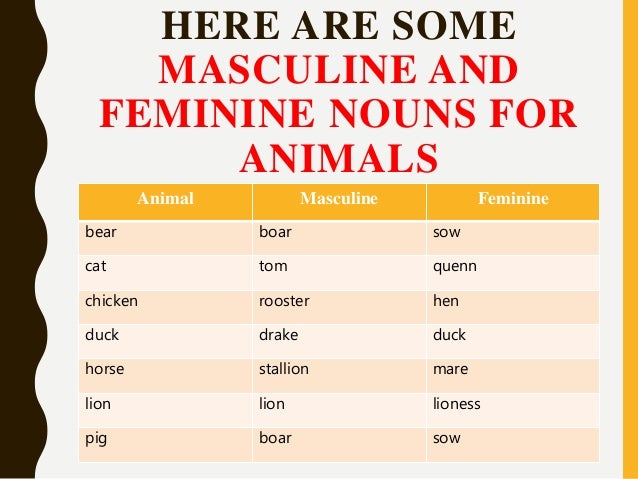Grammatical gender in german is the way in which german nouns are classified to grammatical genders. all german nouns are included into one of three genders: masculine, feminine or neuter, and gender differences are not relevant in the plural form of nouns.. Introduction to german nouns (and nieces) german nouns, noun genders, plural nouns, and all the different ways to say "the". place, and thing) has been assigned a gender: feminine, masculine, or neutral. how do you know the gender of a word? unfortunately for those of us learning german, this part of the german language is crazy. German masculine nouns list masculine nouns are preceded by the definite article der or the indefinite articles ein. german masculine nouns can be identified by their suffix, noun groups, that they are formed out of adjectives or built out of strong verbs..
German grammar has some striking differences to english grammar. one difference that newcomers to german notice right away has to do with word gender . basically, you have three genders in german — masculine, feminine, and neuter — and although english has the same three genders, they play a very different role in german grammar.. In linguistics, grammatical gender is a specific form of noun class system in which the division of noun classes forms an agreement system with another aspect of the language, such as adjectives, articles, pronouns, or verbs. this system is used in approximately one quarter of the world's languages.in these languages, most or all nouns inherently carry one value of the grammatical category. Determining gender can be tricky. often, the natural gender of the noun and the grammatical gender of the definitive article work the way you'd expect them to; herr ( her ), for example, the noun for "man," takes the masculine article der ( deyr )..



0 komentar:
Posting Komentar